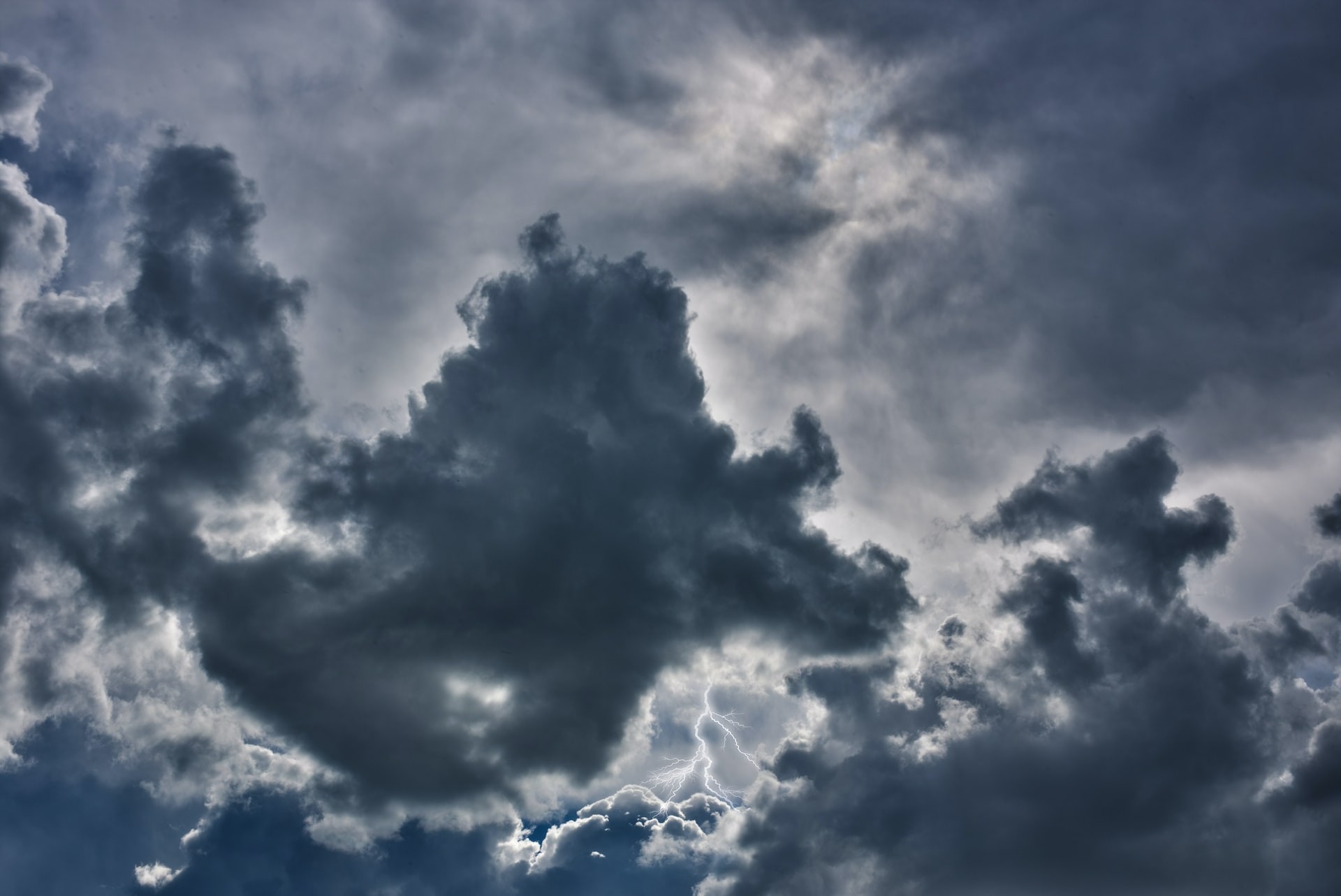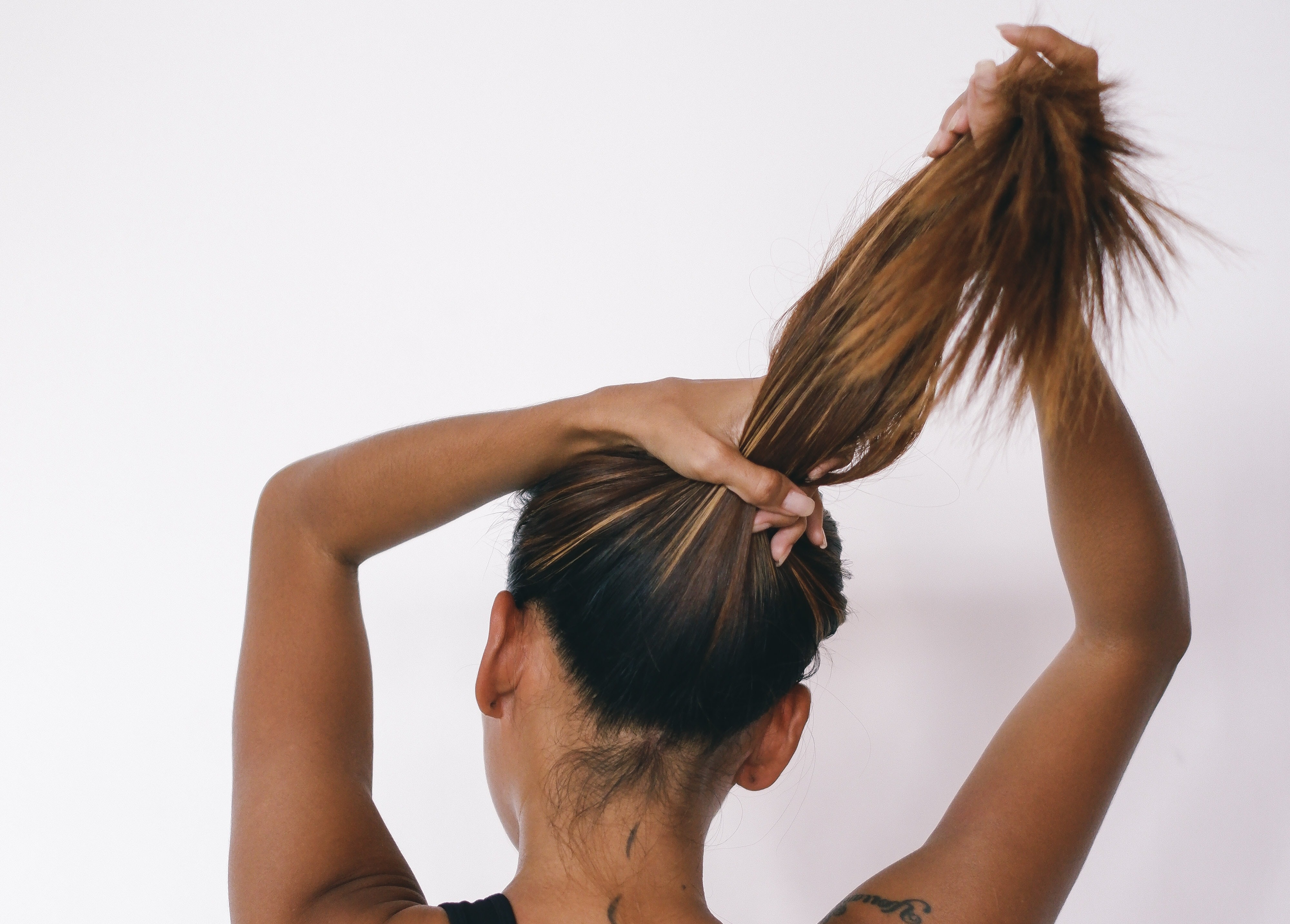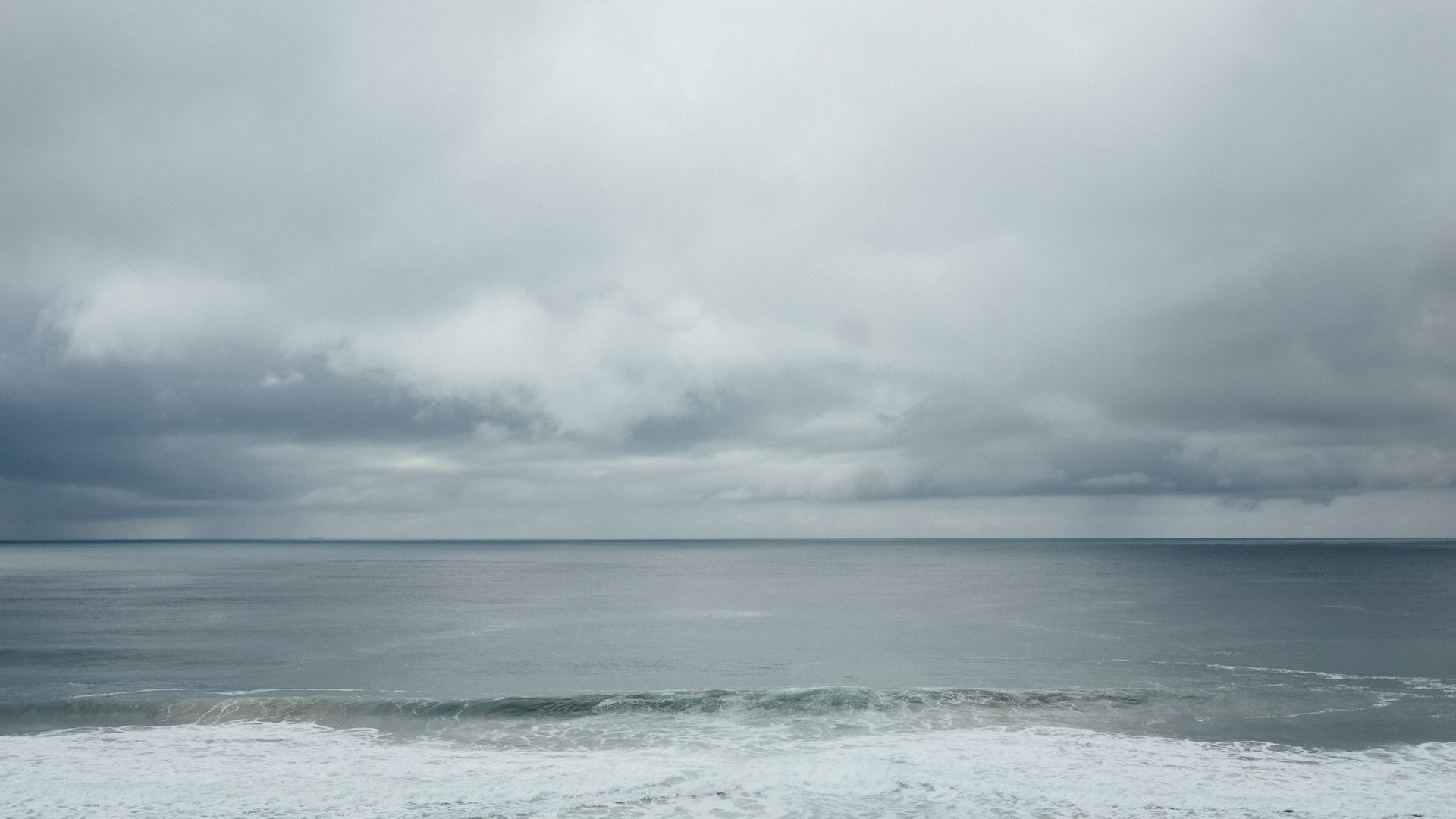Formulate user Cecilia has some tanning questions:
Okay I've heard that you can tan on a cloudy day, but can you really? I've never gotten a tan from going outside on a cloudy day, nowhere near as tan as I get when I'm outside during a bright summer day. Do the clouds provide any additional protection to skin? Also, how long do tans generally last, because I feel like mine fade immediately while I have friends who remain tan for like weeks. And yes I know the sun is bad for skin, but how bad is tanning actually, and are there any ways you can do it so it's safer?
Thanks for writing, Cecilia! To answer your questions, we consulted dermatologists Dr. Cory Gaskins, Dr. Enrizza Factor (My Eczema Team), and Dr. Savaş Altan.
Can you tan on a cloudy day?
Dr. Factor: Yes, it is possible to tan in cloudy weather and to get burned if you're not careful. There is little protection from UV rays in clouds, and 90% of the rays pass through clouds. Depending on the thickness of the clouds, UV index levels may be enhanced because light and thin clouds cause them to scatter.
Dr. Altan: Even if you can't feel the sun on your skin, the UV rays that lead to tanning are still present. It is essential to remember that the visible sunlight is not what causes you to tan, but the UV rays that you can't physically see.
Is there a difference in safety for skin if you tan on a sunny day vs a cloudy day?
Dr. Factor: Up to 80% of UV radiation is transmitted to the Earth's surface even on cloudy days. Based on cloud thickness, UV rays on a cloudy day can be stronger than on a sunny day due to being scattered and reflected. This means it can cause more damage to your skin. Ensure you use sunscreen even when tanning on a cloudy day.

What causes skin to become tan?
Dr. Gaskins: Skin tans through two distinct processes.When skin is exposed to ultraviolet B (UVB) radiation, it causes the melanocytes - cells that produce the brown pigment melanin - to increase production. More melanin means the skin will appear darker. It takes a few days before the skin will darken.
On the other hand, when skin is exposed to ultraviolet A (UVA) radiation from the sun, it causes the melanin that is already present in the skin to oxidize and darken. This process is what causes skin to become tan.
UV radiation penetrates deeply into the skin and can cause damage at a cellular level. It is important to remember that while a tan may make you look healthy, it is actually a sign of skin damage.
Does having a tan age your skin?
Dr. Gaskins: A tan may make you look younger in the short-term, but exposure to UV radiation from the sun or tanning beds causes photoaging--the premature aging of skin cells. The damage from photoaging is cumulative, so the longer you are exposed to UV radiation, the greater your risk for developing wrinkles, age spots, and other signs of aging.
Dr. Factor: Your skin will age more quickly if you tan indoors or in the sun. Symptoms such as wrinkles, age spots, and loss of skin firmness appear years earlier in people who tan compared to people who do not. Also, people who never tan don't get leathery skin, which can be developed by anyone who tans.

How long does a tan last?
Dr. Factor: How long your tan lasts depends on whether you got it from sunbathing or from a spray tan at a salon. Generally speaking, tans will last up to 7 to 10 days before skin starts to naturally exfoliate and regenerate.
Dr. Gaskins: Most tans will last anywhere from 7 to 10 days. However, this all depends on your skin renewal rate. The faster your skin renews itself, the shorter your tan will last.
How can you safely get a tan?
Dr. Altan: Many people think that sunscreen will last all day after just one application. However, sunscreen breaks down in the light and loses its effectiveness over a short period of time. It should be reapplied every 2 to 4 hours.
Wearing sun protection is important to protect yourself from damaging UV rays. I recommend wearing a form of sun protection every day. No matter where you live, or your skin colour, it is paramount to protect your skin from sun damage. When choosing sun protection, ensure that it contains a broad spectrum of protection against both UVA and UVB rays. It is best to look out for a Sun Protection Factor (SPF) of 30 or higher, which is water-resistant when correctly applied.'
Note: responses have been edited for length and/or clarity
Wanna learn more about the world of skin and hair care? Here's your next read:
Frizzy Curly Hair Care 101
How to defrizz your curls and get 'em back into shape!
Hot Rollers Vs. Curling Irons
What's the difference between hot rollers and curling irons?
Difference Between a Mole and a Freckle
What's the difference between a mole and a freckle?
Moisturizer vs Lotion: What's the difference?
Can you use body lotion on your face?
Tips For Washing Hair In Hard Water
This is your guide to washing your hair in hard water
Minimalist Hair
Welcome to the wonderful world of minimalist hair
Type of Combs: Materials and Shapes
Your complete guide to picking out a comb




